The rapid growth of artificial intelligence (AI) and machine learning (ML) technology has significantly impacted how businesses operate. The HR management system has also been affected by this technology. AI in HR management is now widely used to improve the quality of HR processes, such as recruitment, employee retention, and employee engagement. This article will explore the various applications of ML and AI in HR management and the advantages they bring to the HR industry.
Table of Contents
Applications of ML and AI in HR Management
- Recruitment and Selection: AI and ML technology is being used to optimize the recruitment process. Automated screening and selection tools powered by AI algorithms can efficiently sort through job applications, reducing the workload of HR staff. These systems can use natural language processing (NLP) and sentiment analysis to analyze resumes and social media profiles, flagging potential red flags such as inconsistencies in work history or negative sentiment. They can also conduct initial screening interviews and evaluate candidates based on specific criteria such as skills, experience, and qualifications.
- Employee Retention: Retaining employees is essential to the growth and sustainability of a business. AI technology can help predict which employees are at risk of leaving the company by analyzing data such as employee performance, engagement, and job satisfaction. The insights from such analyses can be used to implement retention strategies such as offering training and development opportunities, providing flexible working arrangements, or offering incentives.
- Performance Management: Performance management is another crucial aspect of HR management that can benefit from AI and ML. These technologies can help managers identify employee strengths and weaknesses and develop effective performance improvement plans. Additionally, AI algorithms can analyze employee data to provide real-time feedback to employees and suggest areas for improvement.
- Training and Development: AI and ML can be used to create personalized learning plans for employees based on their individual needs. Machine learning algorithms can analyze data from employee performance, feedback, and training history to identify areas for improvement and create a personalized learning path. These systems can also suggest the most effective training and development methods, such as online courses or in-person training sessions.
Advantages of ML & AI in HR Management
- Increased Efficiency: Using ML and AI in HR management leads to increased efficiency and reduced workload for HR staff. By automating repetitive tasks such as resume screening and initial interviews, HR managers can focus on more complex tasks that require their expertise.
- Improved Decision-making: AI and ML algorithms provide HR managers with valuable insights and data-driven decision-making tools. These technologies can identify patterns in data that would be difficult for human analysts to detect. By relying on data instead of intuition, HR managers can make better decisions that are more likely to lead to successful outcomes.
- Enhanced Candidate Experience: AI and ML-powered recruitment tools can provide candidates with a seamless and positive experience. Automated interview scheduling and online assessments can save candidates time and reduce the administrative tasks they need to complete. Additionally, AI algorithms can provide personalized feedback to candidates, improving their experience and overall satisfaction.
- Cost Savings: Using ML and AI in HR management can lead to business cost savings. By automating repetitive tasks, HR departments can reduce staffing costs and save resources for more complex tasks. Additionally, data-driven decision-making tools can help HR departments avoid costly mistakes.
AI vs. Traditional HR Software: Making the Right Choice for Your Business
The main difference between AI-based HR software and other HR software is that AI-based software utilizes machine learning algorithms to analyze and make predictions based on employee data. This can provide more accurate insights and enable more informed decision-making, leading to improved HR processes and outcomes. On the other hand, traditional HR software typically relies on pre-programmed rules and workflows to manage HR tasks and processes.
When choosing between AI-based and traditional HR software, it’s important to consider your business’s specific needs and goals. AI-based HR software may be a good choice if your company has a large number of employees, a high volume of job applications or employee data, or if you are looking to improve the accuracy and efficiency of your HR processes.
On the other hand, if your HR needs are relatively simple or you have a smaller workforce, traditional HR software may be a more cost-effective and practical option. Other factors to consider when choosing HR software include ease of use, customization options, and customer support.
Ultimately, the best choice of HR software will depend on your business’s unique needs and goals. It’s important to evaluate the available options carefully and choose a software solution that best meets your HR needs while providing a good return on investment.
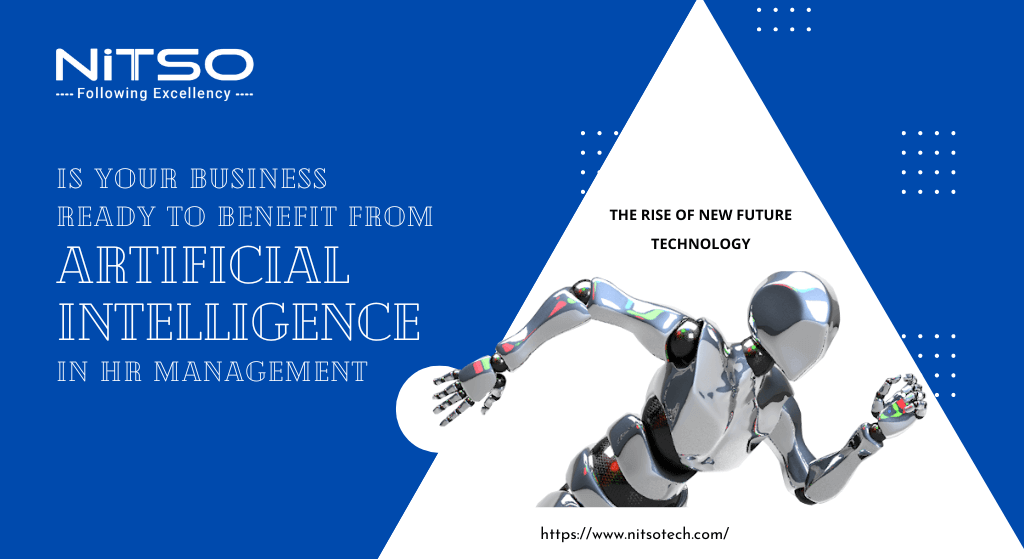
Is Your Business Ready to Benefit from AI in HR Management?
AI in HR management can be useful for businesses of all sizes and industries. However, it may be especially beneficial for larger companies with complex HR processes and a high volume of job applications, employee data, and performance metrics. Smaller businesses may also benefit from using AI-powered HR management systems to automate repetitive tasks and reduce the workload of HR staff.
However, it’s important to consider the potential benefits and drawbacks of using AI in HR management and implement these technologies responsibly and ethically. Additionally, it’s important to ensure that employees are comfortable with the new systems and properly trained to use them.
Pros of AI-based HR software:
- Improved accuracy: AI-based HR software can provide more accurate insights and predictions than traditional HR software, as it uses machine learning algorithms to analyze large amounts of data.
- Enhanced efficiency: By automating repetitive and time-consuming tasks, AI-based HR software can reduce the workload of HR staff, allowing them to focus on more important tasks.
- Better decision-making: AI-based HR software can provide data-driven insights that enable more informed decision-making, leading to better outcomes for the company and its employees.
- Personalization: AI-based HR software can provide a personalized experience for each employee, tailoring training and development programs to their specific needs and preferences.
Cons of AI-based HR software:
- Complexity: AI-based HR software can be complex and difficult to understand, requiring specialized training and technical knowledge to implement and manage.
- Cost: AI-based HR software can be more expensive than traditional HR software due to the advanced technology and expertise required to develop and maintain it.
- Lack of personal touch: AI-based HR software may lack the personal touch of human interaction, which can be important in certain situations, such as resolving employee disputes or dealing with sensitive issues.
- Bias and Discrimination: AI algorithms are only as good as the data they are trained on. If the data is biased, the algorithms will also be biased. This can result in discriminatory hiring practices and other unfair treatment of employees.
- Privacy Concerns: The use of ML and AI in HR management requires collecting and analyzing large amounts of personal data. This can raise employee privacy concerns and require HR departments to implement strict data protection policies.
Pros of traditional HR software:
- Ease of use: Traditional HR software is typically easier to use than AI-based software, requiring less specialized knowledge and training to implement and manage.
- Affordability: Traditional HR software is often more affordable than AI-based software, making it a practical option for medium-sized and small businesses.
- Familiarity: Traditional HR software may be more familiar to HR staff and employees, making it easier to adopt and integrate into existing HR processes.
Cons of traditional HR software:
- Limited insights: Traditional HR software may need more insight into employee data, which can hinder informed decision-making and limit the potential for improvement in HR processes.
- Lack of personalization: Traditional HR software may not provide a personalized experience for each employee, which can hinder employee engagement and development.
- Time-consuming tasks: Traditional HR software may require more time and effort to complete tasks, leading to a higher workload for HR staff and potential errors.
Conclusion
In conclusion, both AI-based and traditional HR software has pros and cons. AI-based HR software can provide more accurate insights, enhanced efficiency, better decision-making, and personalization, but it can be complex and expensive. Traditional HR software may be easier to use and more affordable. Still, it may provide limited insights and need more personalization.
When choosing between the two options, businesses should carefully consider their specific needs and goals and choose a software solution that will best meet them. It’s important to consider factors such as ease of use, customization options, cost, and the potential for improved accuracy and efficiency. Regardless of the software chosen, it’s important to implement these technologies responsibly and ethically while ensuring that employees are comfortable with the new systems and properly trained to use them.

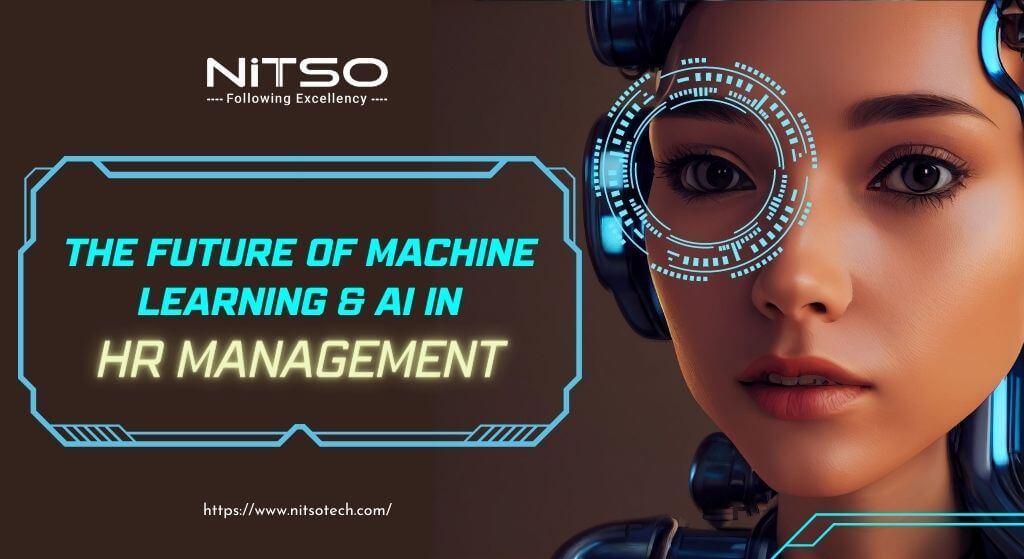
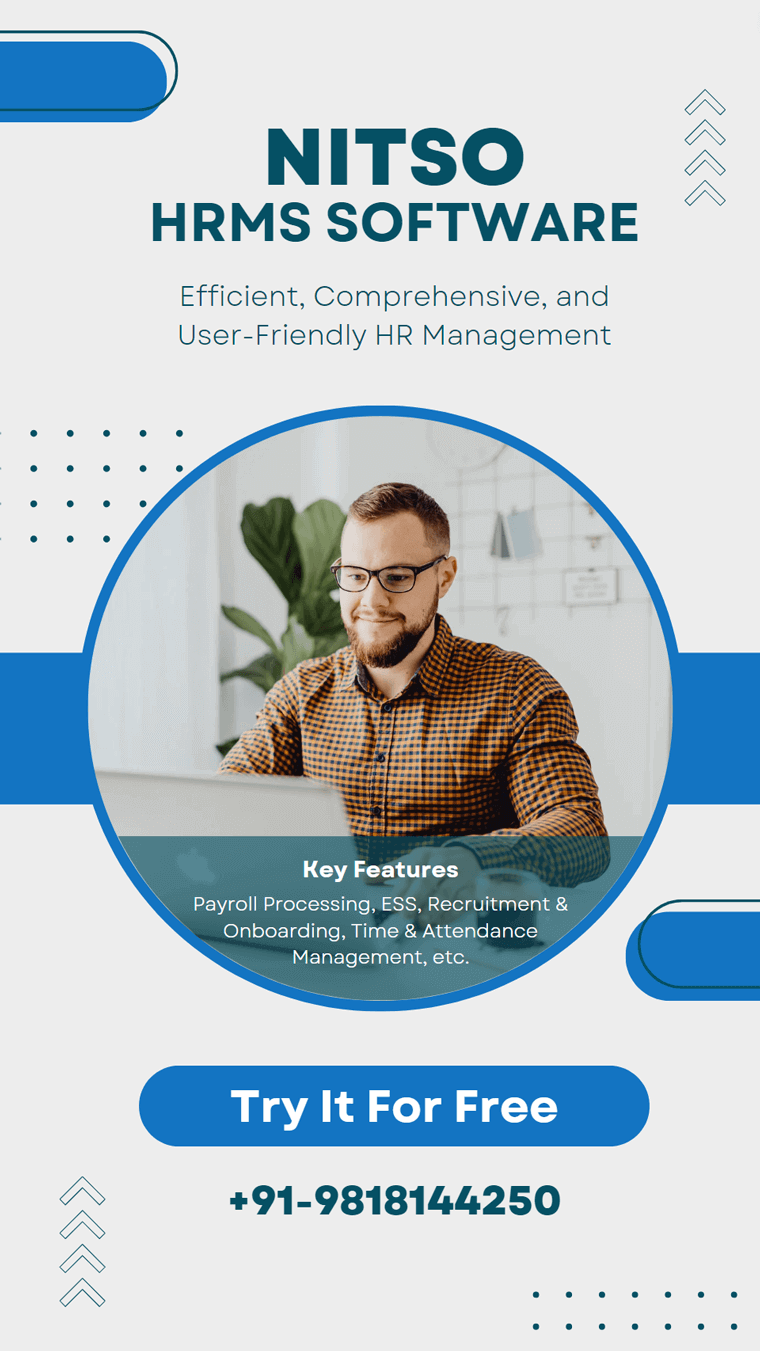
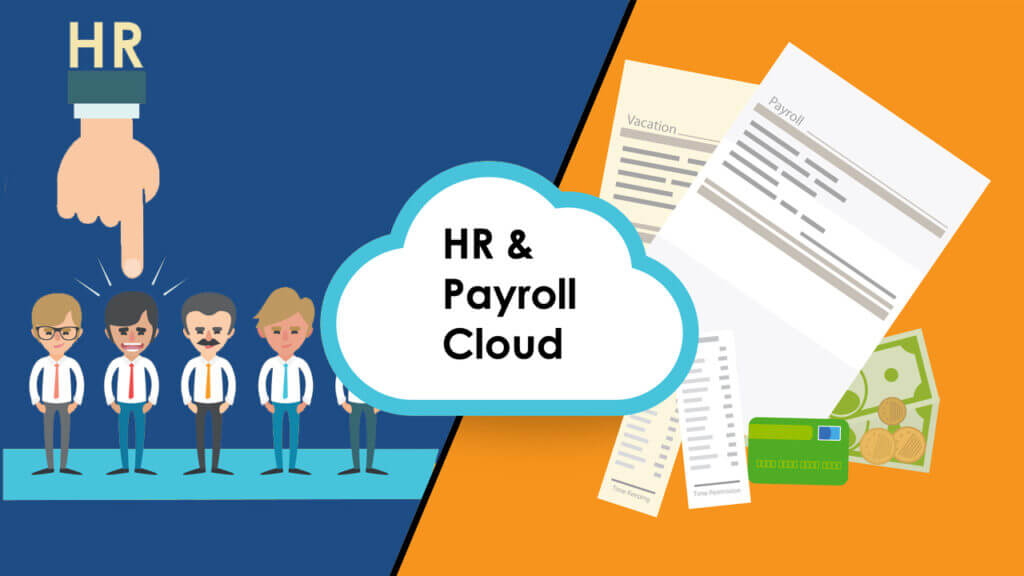

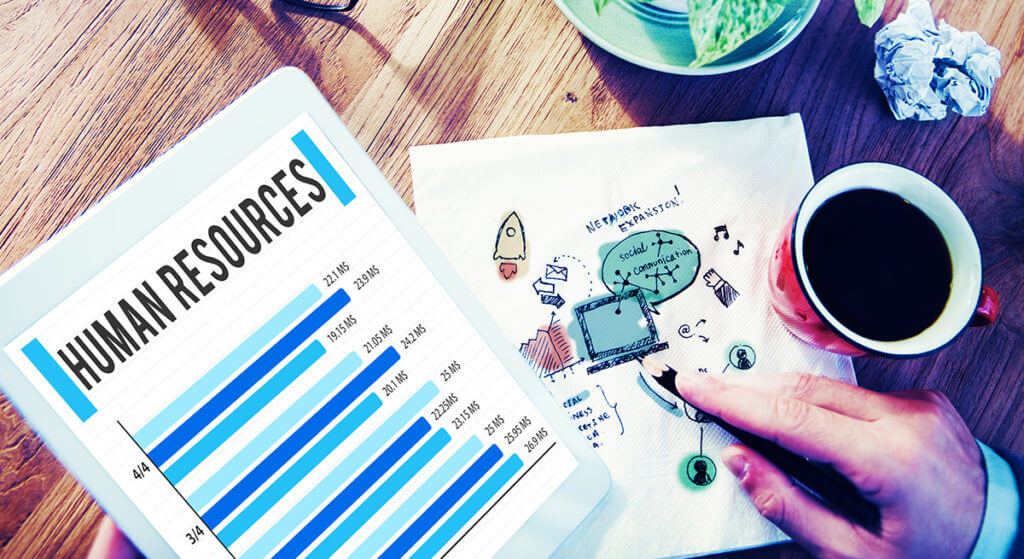
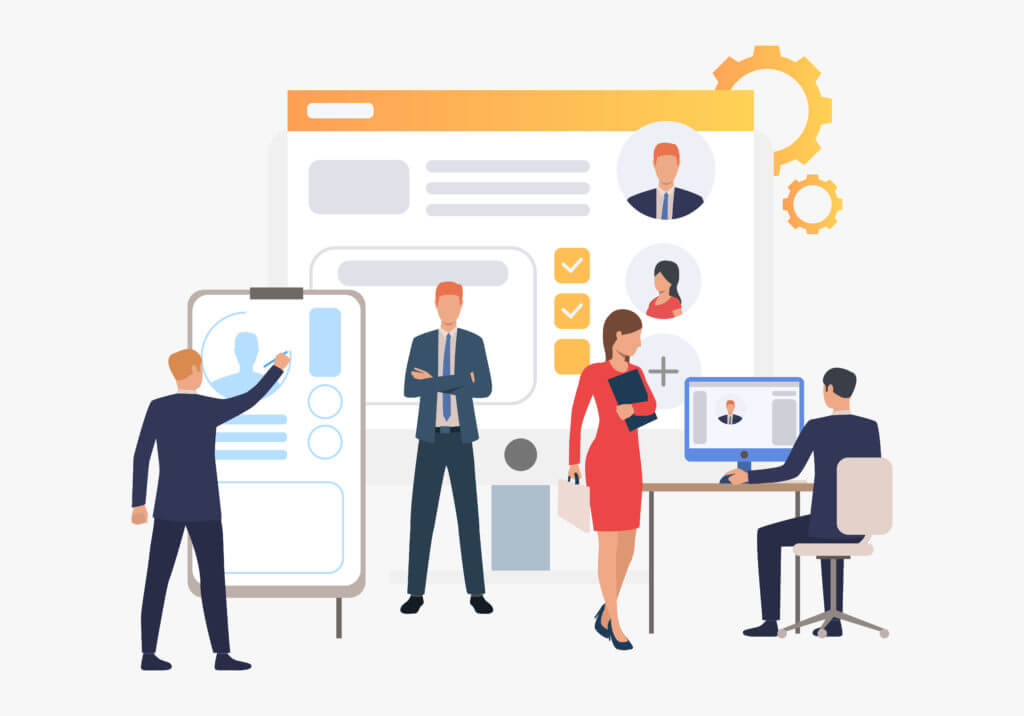

0 Comments